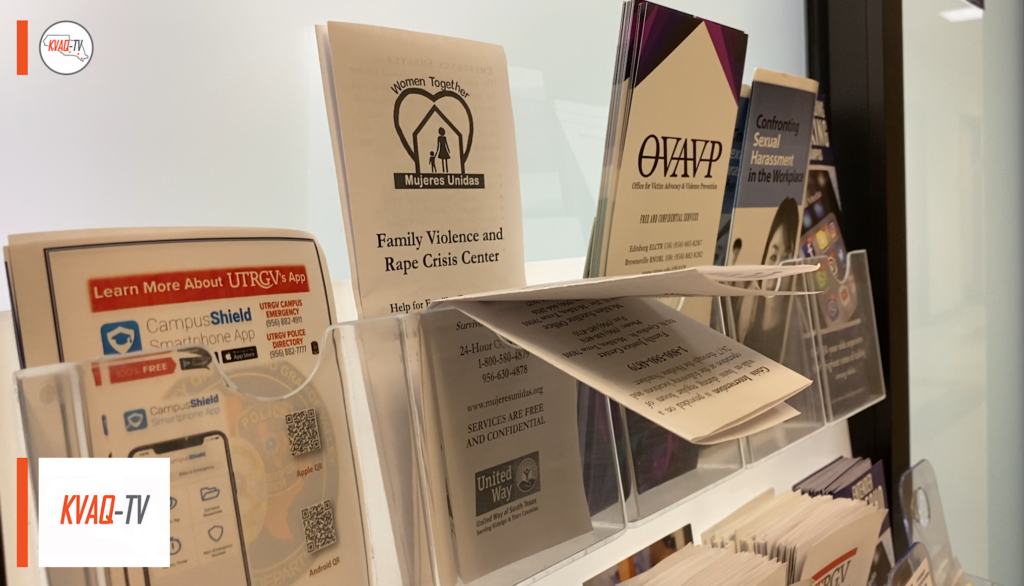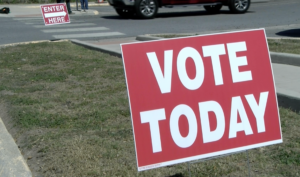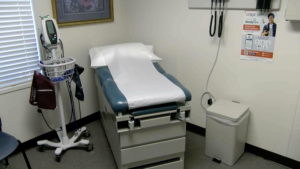
EDINBURG- The Office for Advocacy and Violence Prevention at UTRGV began ‘Masculinidad Saludable’ in 2020. The ‘Masculinidad Saludable’ program is a healthy masculinity project that models interdisciplinary cooperation and encourages collaboration on issues related to gender, healthy and toxic masculinity, and consent in a manner that is victim-centered and research-based. This is achieved through engaging men directly in the effort to address sexualized violence in the UTRGV community.
The Anxiety & Depression Association of America defines toxic masculinity as the way that men are culturally trained and socially pressured to behave.
Program Coordinator for the Office for Advocacy and Violence Prevention Francisco Zamago gave more insight into understanding what Toxic Masculinity is.
“We also refer to it as harmful masculinity because we kind of want to get rid of that ‘toxic’ idea. But basically, harmful masculinity talks about the narrow expectations put on males and have them act in certain ways that are harmful to either themselves or others,” said Zamago.
Some examples of toxic masculinity include sexual aggression towards women, not displaying emotion, not being a feminist ally, not engaging in household chores and caregiving, and being dominant, violent, promiscuous, and stoic according to New Dawn Aurora.
Biology major Claudia Garcia said she sees toxic masculinity represented at home and expressed her thoughts about the OAVP Office at UTRGV taking steps to combat it.
“You see it often, but you get used to it because you see it at home every day, but it’s not actually good because then you get tired, and you feel like you can’t do anything. So that’s actually pretty good because, don’t get me wrong, but men think they are like ‘oh no I’m not wrong, I’m the one who is always right so that’s actually pretty good, that’s actually great,” said Garcia.
Zamago mentioned the toxic masculinity program is male-led because it’s essential for men to hear from other men that they don’t have to conform to the narrow expectations about what a man is “supposed” to be.
The program’s targeted demographic is anyone in the university setting including male or male-identifying people.
“What we want to do is open the discussion about masculinity and talk about those topics with people on campus because we believe that by getting the discussion going and engaging in these discussions, with the students and everyone on campus we can make a campus that is free of sexualized violence and harmful masculinity,” said Zamago.
For students seeking help with issues related to toxic masculinity, domestic violence, or abuse, you can contact the OAVP office through their website, phone, or office walk-in.





